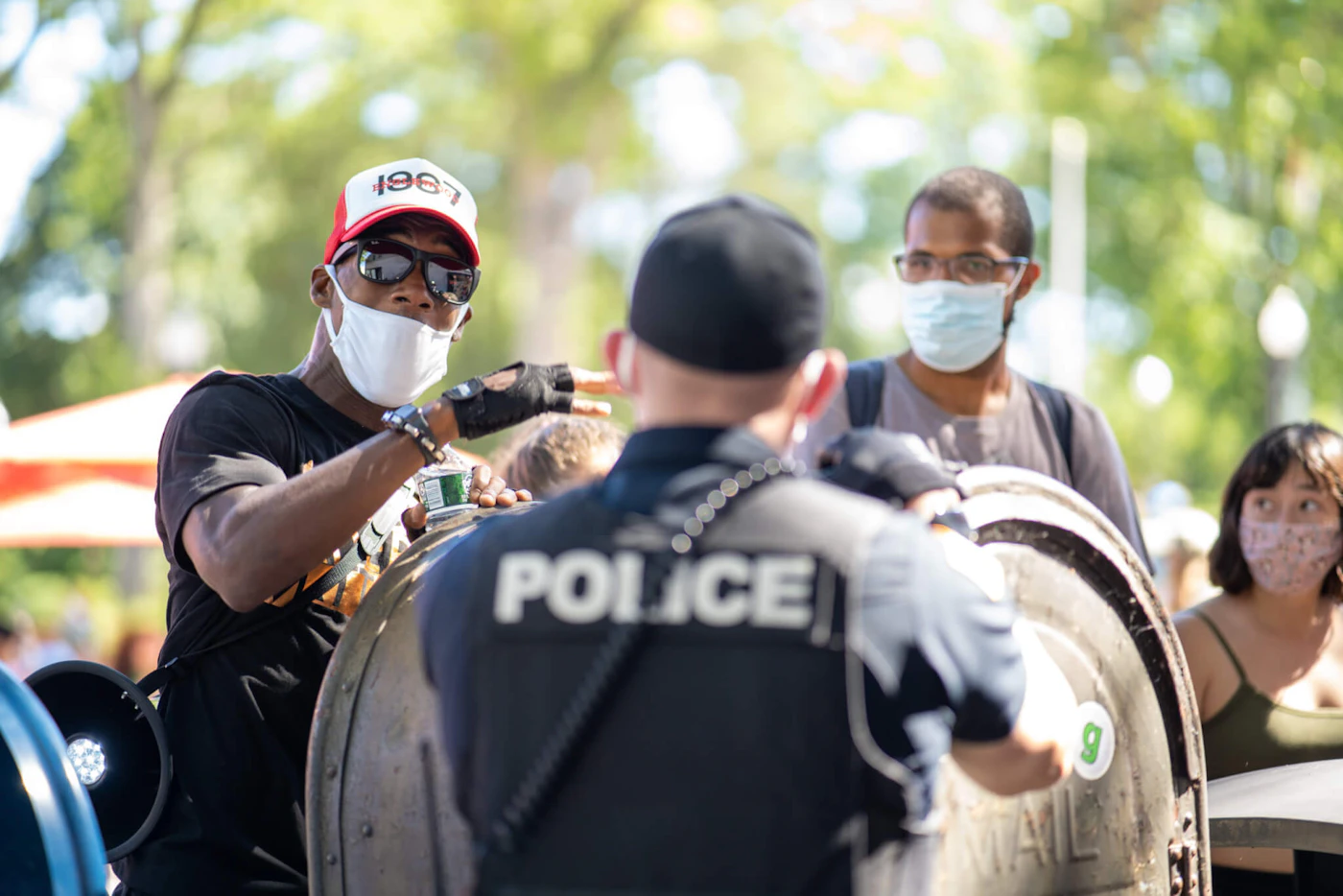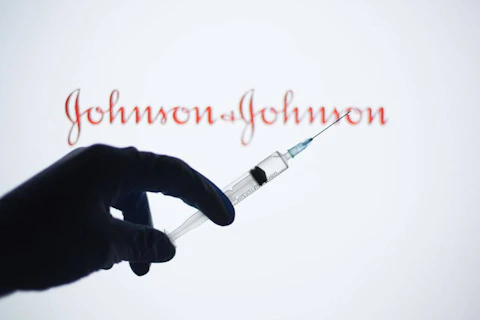A recent report found that people of color were 2.5 times more likely to be policed and punished for violating COVID-19 orders than the white population.
Not only is the pandemic hurting the health and well-being of communities of color at a disproportionate rate, but research also shows punitive enforcement of public health orders are also falling squarely on Black, Indigenous, and people of color.
The recently released data—which was highlighted in an op-ed the authors published this week in The Guardian—comes from the COVID-19 Policing Project, created by the Community Resource Hub for Safety and Accountability. In May 2020, researchers began tracking how cities, states, territories, and tribal jurisdictions police behavior during the pandemic. Six months into monitoring efforts to enforce public health orders—such as stay-at-home mandates and mask requirements—results show that people of color were 2.5 times more likely to be policed and punished than the white population.
Sort Fact From Fiction: Sign up for COURIER’s Newsletter
“Criminalization is increasingly the default response to every harm, conflict, and need, and the COVID-19 pandemic is no exception,” the authors write in their report. “Consistent with existing policing practices, enforcement has focused on communities hardest hit by both the pandemic and economic crisis it has caused— Black, Indigenous, and Brown communities, migrants, essential workers, low- and no-income, unhoused, young, and disabled people—while the U.S. president, police, and white nationalist militias defiantly disregard public health orders and practices with impunity.”
Their findings were particularly stark for Black Americans: “Black women were 5 times more likely than white women to be policed and punished for violations of COVID-19 orders, while Black men were 3.7 times more likely than white men to be policed and punished for such violations.”
As the country adjusted to a new normal of mask mandates and vigilant hand-washing, reports from across the country highlighted aggressive and sometimes hypocritical enforcement. For instance, many police officers themselves have refused to wear masks when interacting with the community.
“Officers—who have some of the highest rates of infection—are violating social distancing rules to harass, ticket, and take people into custody,” researchers wrote in an introduction of the COVID-19 Policing Project.
RELATED: The COVID Crisis in America’s Largest County Is Forcing Medical Workers to Ration Care
They also note that much of the citation and arrest process can drastically increase the risk of being exposed to the virus. “Even a brief encounter with an officer or short detention in a police car can dramatically increase risk of infection, and that risk increases in a holding cell or jail where people are unable to maintain social distancing and have little or no access to soap, water, and sanitizer.”
The trend of aggressive policing in the midst of the pandemic continues across the country. Michigan Gov. Gretchen Whitmer declared enforcement of public health orders a priority for state agencies, including state police. In Honolulu, Hawaii, the police chief dedicated 160 officers to a COVID enforcement team, which are tasked with citing, charging, and arresting people who violate public health orders. And the mayor of Savannah, Georgia, deputized 25 employees as city marshals so they could issue citations for violating emergency orders.
Aggressive policing also comes with monetary punishments, researchers point out, in a moment where much of the United States is grappling with unprecedented unemployment and eviction rates. Fines for COVID-19 violations range between $500 to $10,000, depending on the offense across the country for people who are already struggling with financial instability.
“Rather than investing resources in community organizations and building networks of support and safety, public officials are doubling down on policing and punishment, targeting communities bearing the brunt of the pandemic,” researchers wrote. “In the midst of unprecedented economic devastation and the highest rates of unemployment in our lifetimes, cities and states are imposing exorbitant fines and offering people rewards to turn in our neighbors instead of reaching out to support them.”




